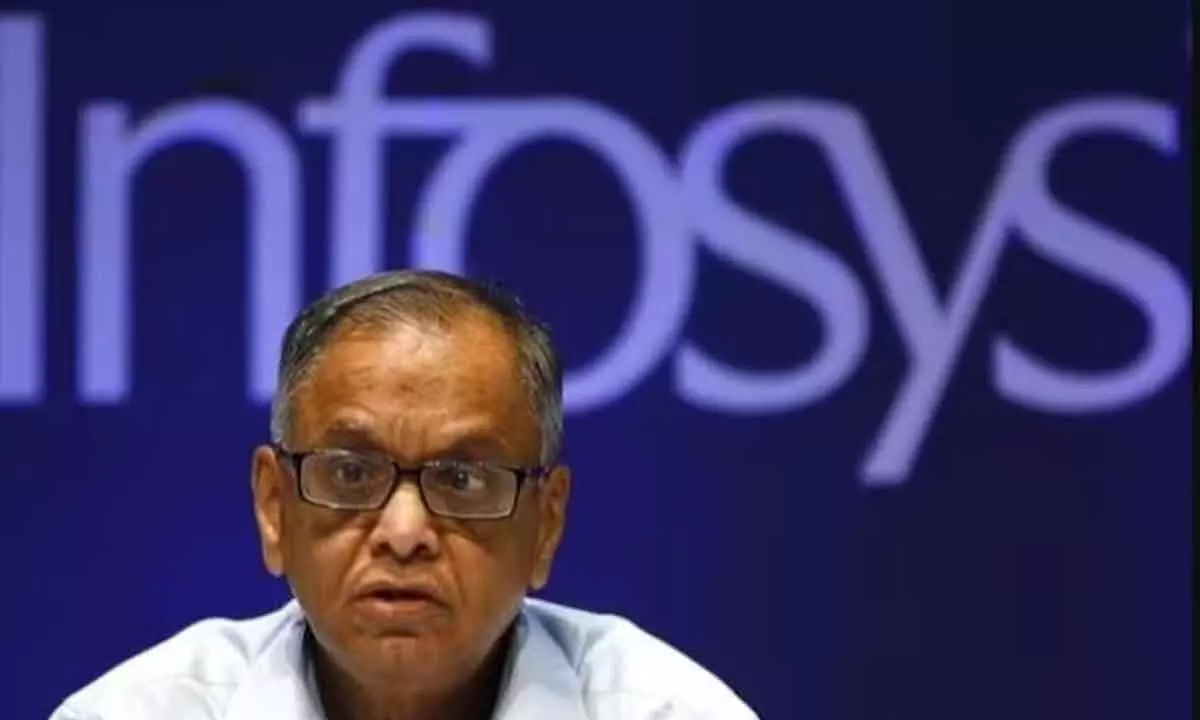Mixed opinions over 70-hour work per week theory least surprising
image for illustrative purpose

Infosys founder N.R. Narayana Murthy’s recent observation that Indian youngsters should work for 70 hours in a week has triggered an intense debate in the corporate world. Quite expectedly, it has evoked a mixed reaction. Those supporting the view opine that in a developing country like India, the critical factor behind accelerating growth lies in the working spirit of its young population. That 66 per cent of the country’s population is below the age of 35 years ought to come as a big demographic dividend that India is sitting on when compared to the ageing population in many western nations. The quest to take India to the pinnacle can be taken forward by effectively tapping this goldmine. One of the ways to achieve this is to have a hardworking young population. In this context, Murthy’s call seems logical. Moreover, the level of peer competition here is comparatively of a very high order. To excel in one’s career, youngsters have to go through the initial grind. On their part, the critics argue that in the current world, hard work should be replaced with smart work.
So, the number of hours you put in becomes irrelevant in productive terms as compared to the output from those very hours. In the same vein, several experts are calling for a good work-life balance for the overall healthy growth of the emerging talent. In this context, several physical and mental health risks are being flagged up. To the layman, however, both sides of the argument appear logical as each is being suitably substantiated. It should be noted that the Indian corporate world is a tough taskmaster. There are jobs in which employees are currently putting in more than 70 hours per week. To this category belong employees in the IT services industry. With the end of the work from home facility, lakhs of employees have to commute for long hours, which is an additional burden. Wages remain low when compared to the salaries and perks of top executives in the same organisation. Despite India being a developing economy, the CEOs and other CXOs from the IT industry are drawing salaries that are comparable to their global counterparts. Freshers joining any big IT firm are being paid around Rs 3.6 lakh per annum. Comparing these emoluments to the millions drawn by CEOs shows the IT industry’s insensitiveness to a majority of its employees.
Not only IT services, sectors like financial services, media and entertainment, manufacturing and retail, among others are subject to such anomalies. This means that any industry leader supporting the 70-hour work per week should also initiate a debate on top executive compensation. In India employees get minimum social security protection as compared to their western counterparts. Jobs are rare and unemployment rate is very high. Such a scenario makes India an employer market whereupon business tycoons come up with their own theories. It will not be far-fetched to assume that this trend is unlikely to change in the next three to four decades.

